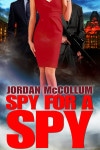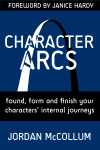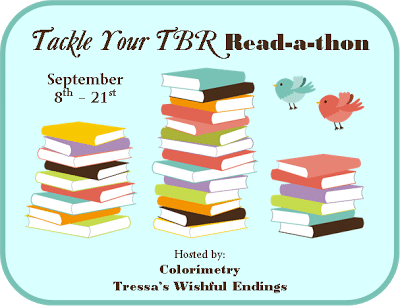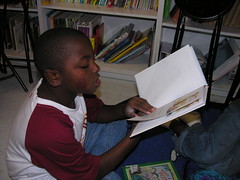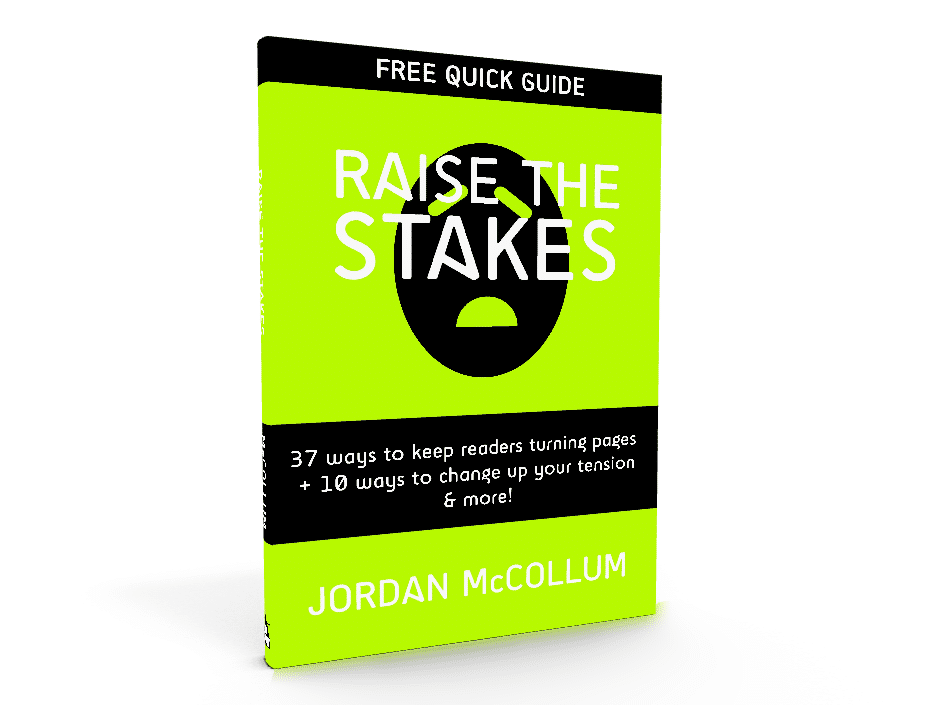I’ll admit it: I love to read, but when I’m writing, I don’t do a lot of reading. (Oh, crud, there’s a secondary confession in there: I typically don’t write [i.e. write brand new material in a first draft] every single day. Gasp.) There are a couple reasons for this. (The reading, not the writing. That’s another post.) When I am writing a book, it usually consumes every second of “free” (read: writing or reading time) time I have for those weeks. But don’t worry—I still get my (non)fiction fix in! Here’s how!
Research!
Occasionally, I can work in a little bit of reading while drafting. For me, nonfiction research reading can often feed my creative beast muse—very important when you push it as hard as I do (we’re talking anywhere from 4000 to 8000 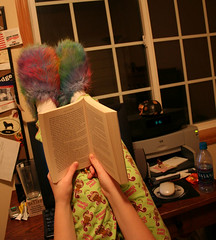 words/day while drafting).
words/day while drafting).
I have to do a lot of research anyway (since I’m a little obsessive), and research reading is a great source of new ideas.
Fiction, however, is another story for me. When I read fiction while writing, the voice or style of the book I read often bleeds into the book I’m writing. That usually isn’t so good. So let’s just assume that we’re not going to be reading fiction while drafting, but we definitely can’t take off all our time from reading. What’s a writer to do?
Take a reading break
One thing I try to do periodically, especially when trying to get necessary distance from my book, is to take a break from writing/revising/editing altogether and just read. It’s a good time to catch up in your genre, explore another, try something new or completely different, or just enjoy yourself. Reading breaks are also a great place to find ideas. Way back when I wrote three books in one year (before I did crazythousand-word days!), the thing that got me writing that third book (insanity!) was an idea I just couldn’t resist after reading a fantastic book.
Read carefully while editing
Reading while editing will vary from writer to writer, but for me, I think I actually benefit from reading writing that I . . . don’t care for, we’ll say. If you’ve been editing your own work long enough, you probably rewrite sentences in published novels at least occasionally. (Admit it, we all do!) When you feed your editing habit, you may look at your own writing with a more critical eye.
 I’ve also found it helpful to read really, really good novels while editing, giving me a mark to shoot for.
I’ve also found it helpful to read really, really good novels while editing, giving me a mark to shoot for.
Set a reading goal
And make it public!. I pledged to read 50 books in 2011, and I thought that wouldn’t be too hard. I’d read 40 the year before (um, including a 6-week leave from all writing while I read [and had a baby]), and even very long books seldom take me a week to read. You know, except for the weeks I can’t, when I’m consumed by my own books (or, heaven forbid, the humans with whom I cohabit).
That public pledge ended up pushing me pretty hard, especially since I did NaNoWriMo, too. It came down to the wire, but I got in my 50 books, even if a couple were rereads of some classics of writing craft.
What do you think? Can you read while you write? If not, when do you read?
Photo credits: reading a book—Kendra; glasses on book—Antonio Mantero
Adapted from a post from May 2012
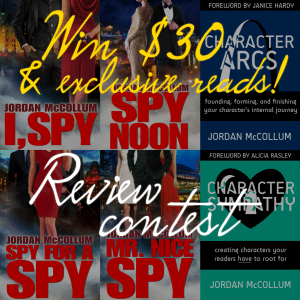
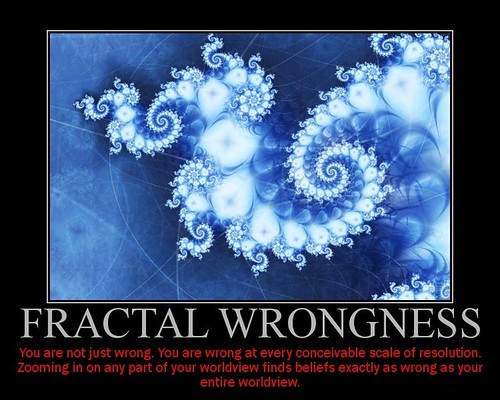
 Title:
Title: 
